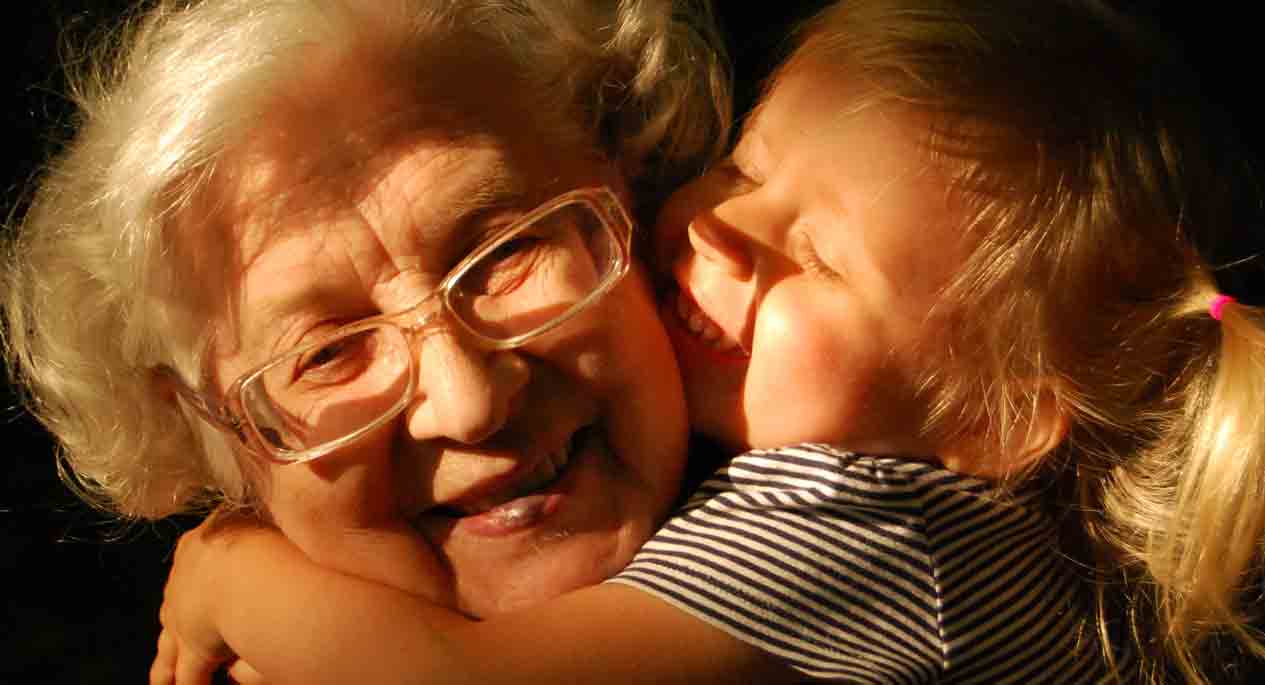WHY APPLY?
The early years are important
According to Harvard's Center on the Developing Child, "early experiences affect the development of brain architecture, which provides the foundation for all future learning, behavior, and health (2021)." Educational experiences including social and emotional learning and a learning environment that parents might emulate in the early years have been found to "have both immediate and longer term positive effects (Sklad, Diekstra, De Ritter, Ben, and Gravesteijn, 2012, p. 905)," further emphasizing the early years for building a foundation for future learning and life.
Learn More
Parenting knowledge and practices are important
“Right from birth, babies are actively learning throughout the day. Their learning occurs through the types, amounts, and predictability of visual, auditory, sensory, and social-emotional experiences they have with their parents and other caregivers (Sparling, Ramey and Ramey, 2007, p. 105).” There are consistent robust associations between parents’ practices with children and children’s school readiness skills (Koblinsky, Kuvalanka, and Randolph, 2006; Bater and Jordan, 2017; Rich, Spielberger and D’Angelo, 2012) and many studies have also shown the importance of parenting in children’s development (e.g. Rowe, 2008; Bettencourt, 2016; Quirk, Grimm, Furlong, Nylund-Gibson and Swami, 2016; Jahromi, Guimond, Umana-Taylor, Updegraff and Toomey, 2014; Quirk, Dowdy, Goldstein, and Carnazzo, 2017; Dishion et al., 2008; Rich, Spielberger and D’Angelo, 2012; Rowe, Denmark, Jones Harden, and Stapleton 2016). In summary, parents who know more about parenting and child development and who have a stronger belief or mindset they can make a difference in their child’s development, are more apt to interact with their children in ways promoting learning than parents with less parenting knowledge (Rowe, 2008). Therefore, parenting knowledge is essential for promoting optimal development in children. We believe this applies not only to parents but also to grandparents, aunts, uncles, brothers, sisters, friends, neighbours, and anyone else who spends time with or makes decisions about children.

The challenge

A possible solution
One solution that is proactive, potentially cost effective, and far-reaching is to provide parenting knowledge to individuals before becoming parents while still in school. States’ apparent interest in preparing students for parenting is clear from the numerous states with curriculum standards on the subject (O’Donnell Weber, 2019). However, little scholarly work has been done to show the efficacy of such programs, and few existing programs take a proactive approach to parenting education.
How might young children benefit by such programs? If their parents teach them Social and Emotional Learning in the early years they might learn in their hearts: “the ability to regulate emotions and behaviors effectively, including managing stress, controlling impulses, motivating themselves and setting and working toward goals.” They might also gain abilities like “communicating clearly, listening actively, cooperating, resisting inappropriate social pressure, negotiating conflict constructively”, and the ability to empathize with others (casel.org 2020). Imagine a world in which children and adults alike have facility for these skills just as for their native languages and imagine if all your colleagues and mine held these skills in their hearts. Imagine such a world where everyone, for example, collaborates well together.
This program for teaching adolescents about parenting and child development proactively while still in school may have the potential to dramatically improve the outcomes of their future children. If so, such benefits may accrue not only to the children, which is important, but also to their children and beyond. Thus, it is our hope this effort will eventually lead to an entire generation of young children poised to embark as a positive force for our society, our nation and beyond, for the benefit of all. That is why this research is so important.